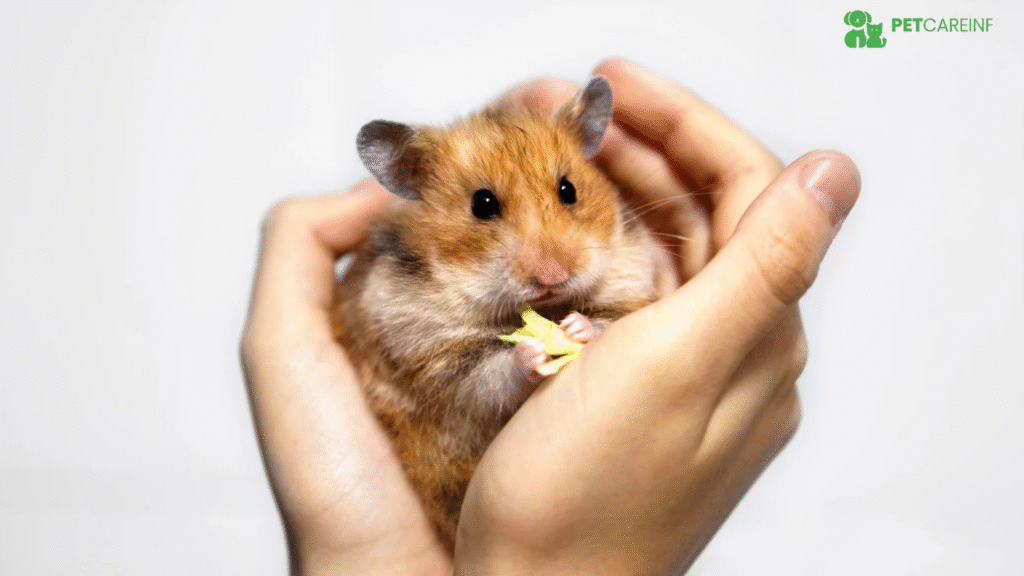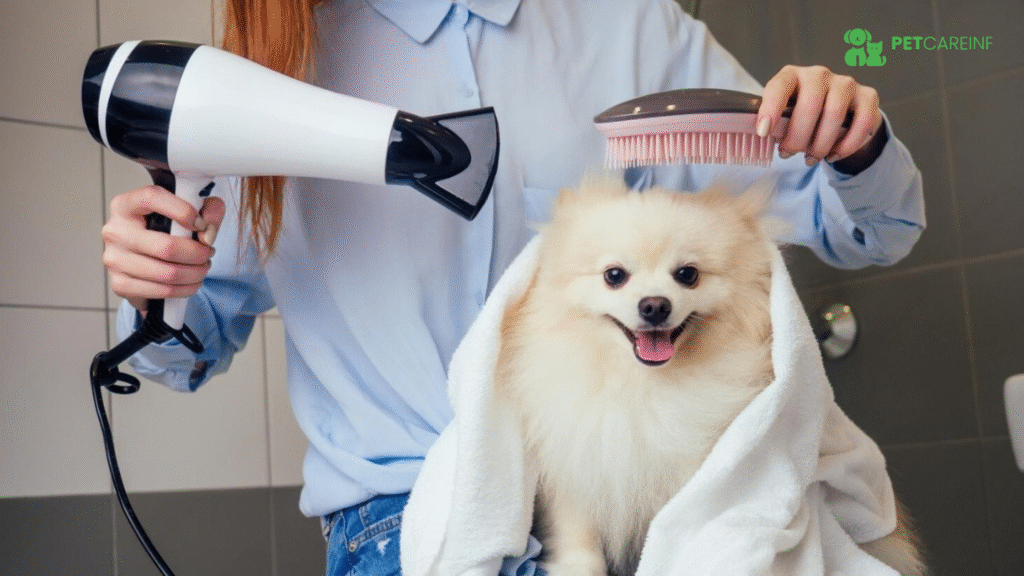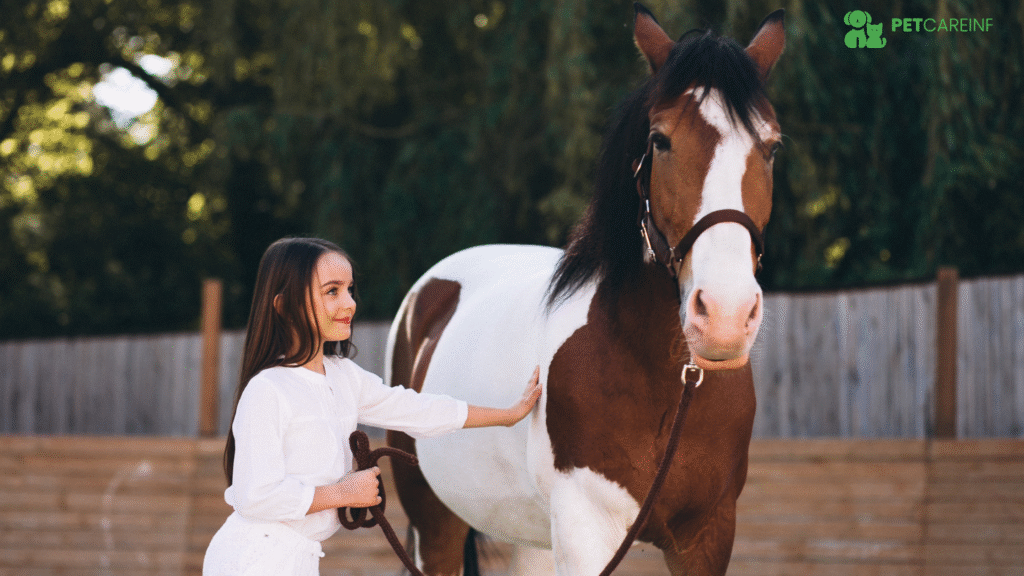Table of Contents
Having a pet can change your life. They bring company, comfort, and fun into a home. But some animals need a lot of attention, and not everyone can handle that. Many people want something smaller that doesn’t demand constant grooming, long walks, or high vet bills. This is why pets care guides are so useful.
If you wonder what smaller pet is the easiest to care for, the answer depends on your lifestyle. Some animals, like fish, need very little daily effort but can be fragile. Others, like guinea pigs, need more feeding but give love and interaction. With the right choice, you can have a pet that fits your time, space, and budget.


Understand What “Easy to Care For” Really Means
The word “easy” can mean different things for different people. For some, it may mean less time spent each day. For others, it may mean less money or fewer health issues.
Take the betta fish as an example. It doesn’t need much space, and feeding is simple. But the tank must stay clean, or the fish won’t live long. Now compare that with a guinea pig. It needs hay and fresh vegetables daily, which takes more work, but it is gentle, friendly, and safe for kids.
So, before choosing, think about what “easy” means for you. Do you want a pet that just looks nice in its space, or do you want one you can play with? Your answer will shape your care pet care decision.
Best Small Pets for Beginners
Fish Pets Care
Fish are the most common starter pets. They are quiet, beautiful, and don’t need much room. Bettas are simple to keep because they live alone in small tanks. Goldfish are also common, but they need bigger tanks and more cleaning.
The main task in fish care is water quality. A filter helps, but water must still be changed. Feeding is easy, just a small pinch once or twice a day. Fish are good for people who want something calming but don’t have time for daily handling.


Starter Products:
- Betta Fish Tank Kit (3–5 gallons)
- Goldfish Starter Aquarium (10 gallons)
- Tetra Fish Food Flakes
Hamsters Pets Care
Hamsters are small, cheap, and full of character. They live in cages with bedding, wheels, and tunnels. Watching them play and store food in their cheeks is fun for many owners.
They don’t need much handling, which makes them simple to keep. The only challenge is that they are awake at night, so you may hear them running or chewing when you are sleeping.
Hamsters like to gnaw, so safe chew toys are needed. Their cages should be cleaned once a week. With proper pet and care, hamsters usually live two to three years.
Starter Products:
- Wire Hamster Cage with Wheel
- Kaytee Clean & Cozy Bedding
- Safe Wood Chew Sticks
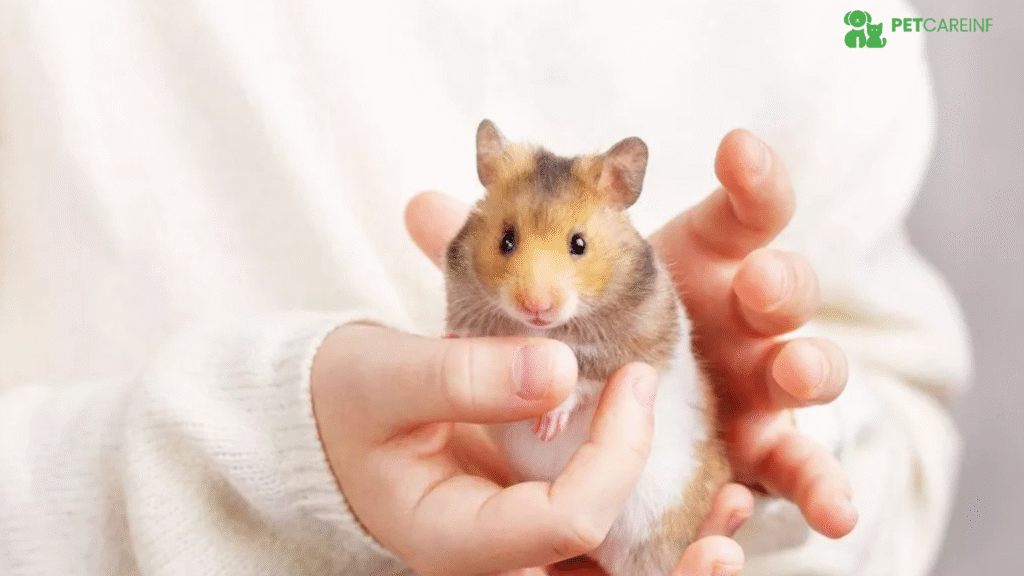

Guinea Pigs Pets Care
Guinea pigs are bigger than hamsters but are very gentle and social. They enjoy living in pairs or groups and often bond with humans. Children love them because they are calm, friendly, and easy to hold with pet care.
Their diet is more demanding. They need hay all the time, plus fresh vegetables and pellets every day. They also need Vitamin C to stay healthy. Without it, they can become sick.
Guinea pigs “talk” with squeaks and chirps, which many owners enjoy. They live five to seven years, so they’re a longer commitment than hamsters but a safer choice for families.
Starter Products:
- Extra-Large Guinea Pig Cage
- Oxbow Timothy Hay
- Vitamin C Pet Tablets
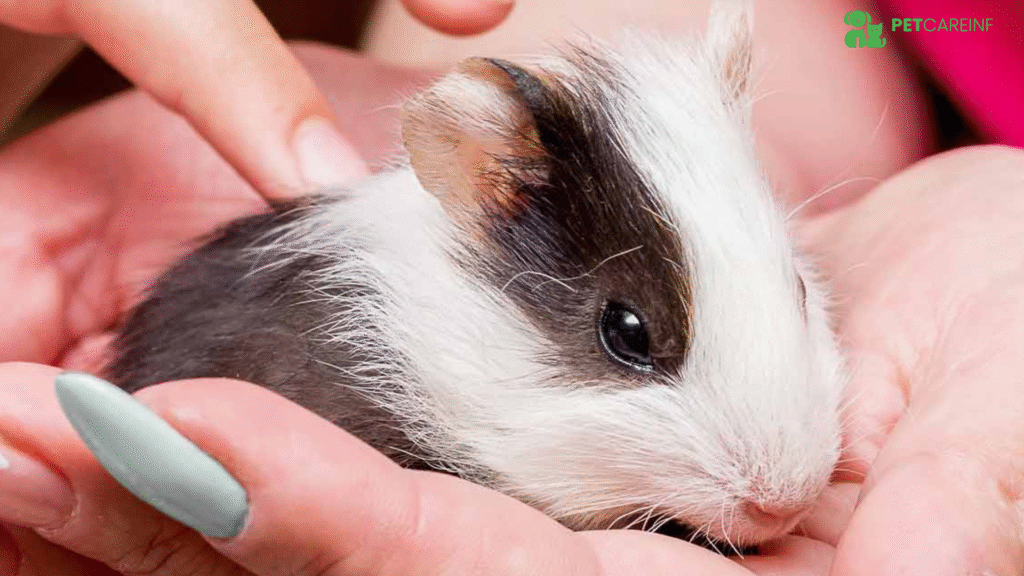

Rabbits Pets Care
Rabbits are soft, playful, and smarter than many people think. They can even be trained to use a litter box, which makes cleaning easier.
Unlike hamsters or guinea pigs, rabbits need more space. A cage alone is not enough. They should have a safe area to run and explore. Their diet is similar to guinea pigs hay, vegetables, and pellets. Long-haired rabbits need regular brushing.
While bigger than most small pets, they are still easier to manage than dogs or cats. With the right pet care care, rabbits can live eight to twelve years.
Starter Products:
- Rabbit Hutch with Run Area
- Fresh Timothy Hay Bales
- Rabbit Grooming Brush Set
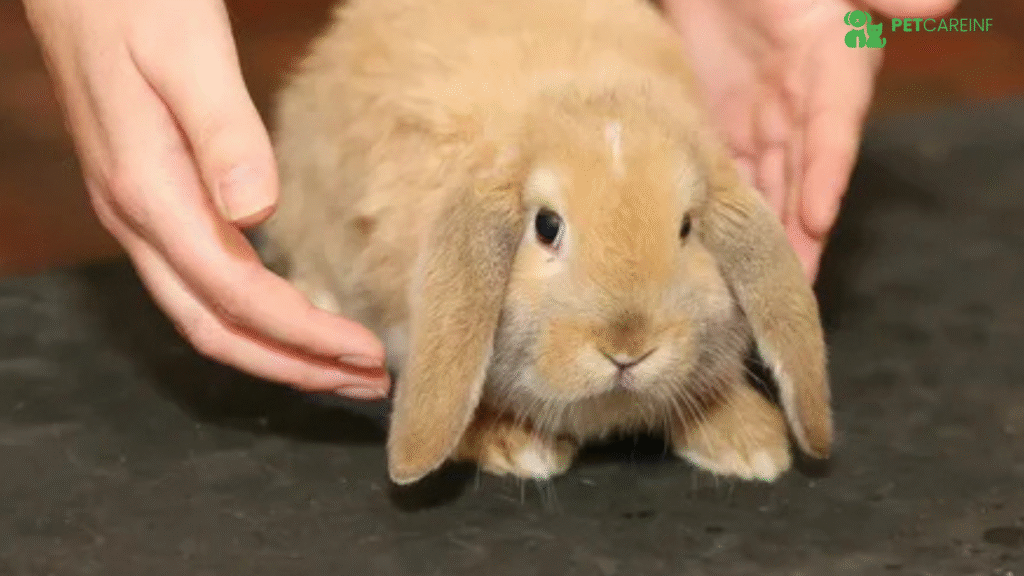

Reptiles (Geckos, Turtles) Pets Care
If you want a pet that doesn’t need cuddling or play, reptiles are a smart option. Geckos are small and live in heated tanks with hiding spots. They eat insects and don’t need much human interaction.
Turtles can live for decades. They need tanks with both water and land areas, plus heating lamps. They move slowly and are fascinating to watch.
Reptiles are not soft or playful like guinea pigs or rabbits, but they don’t demand daily attention. For busy people, this makes them a good pet in care option.
Starter Products:
- Reptile Terrarium with Heat Lamp
- Gecko Food and Supplements
- Turtle Dock and Basking Lamp


Factors to Consider Before Choosing a Pet
Time Commitment
Different pets need different amounts of time. Fish need only minutes a day, but their water must be kept clean. Hamsters need a weekly cage clean. Guinea pigs and rabbits need daily feeding and some time with their owners. Reptiles don’t need much daily pet care, but they do need the right setup.
Space & Housing
Even small animals need the right home. A betta fish can live in a small tank, but goldfish need more room. Hamsters are fine in medium cages with toys. Guinea pigs need wide cages with space to move. Rabbits need play areas outside their cage. Reptiles need tanks with light and heat. Proper housing is part of pet in care.
Diet & Health Needs
Some animals eat simple food. Fish eat flakes or pellets. Hamsters eat seeds and grains. Guinea pigs and rabbits need hay, vegetables, and pellets. Reptiles often need insects or special pellets.
Health is also a factor. Guinea pigs need Vitamin C. Fish need clean water. Rabbits need their teeth checked, as they keep growing. Each pet has unique needs, so choose wisely.
Cost of Care
Starting costs may look small, but ongoing costs can add up. A hamster cage may cost around $50. A small fish tank can cost $60–$100. Rabbits need larger housing and grooming tools. Reptiles need heaters and special lights.
Food, bedding, and vet visits will always be part of care pet care. Make sure you can handle the costs before you bring a pet home.
Simple Pets Care Tips for First-Time Owners
Taking care of a pet does not have to be hard. Feed your pet at the same time each day. Clean their home weekly to avoid smells and sickness.
Give toys or safe objects to play with or chew. Even fish enjoy colorful plants in their tanks. Always keep the number of a vet handy in case of illness.
Most of all, give your pet a safe and calm space. With steady care, your pet will stay happy and healthy for years.
Final Thoughts About Pets Care
Small pets bring joy without being too demanding. From fish that brighten a room to guinea pigs that make soft sounds, each pet has its charm. The best pets care for you depends on your time, money, and space. With the right choice, you’ll have a loving companion that fits your life.
Frequently Asked Questions
What is the easiest small animal to take care of?
The easiest small animal to take care of is a betta fish. It needs a small tank, simple food, and clean water.
Which is the lowest maintenance pet?
The lowest maintenance pet is a hamster. It needs a cage, food, water, and weekly cleaning.
What is the easiest pet to have for beginners?
The easiest pet for beginners is a guinea pig. It is friendly, easy to feed, and safe for children.
What is the cleanest pet to own?
The cleanest pet to own is a rabbit. It can be litter trained, grooms itself often, and keeps a neat space.
What is best pets low and easy?
The best low and easy pets include hamsters, betta fish, and geckos. They need little daily work and are affordable.

